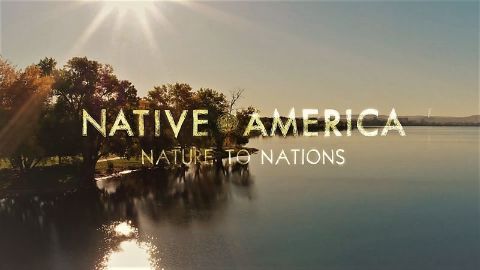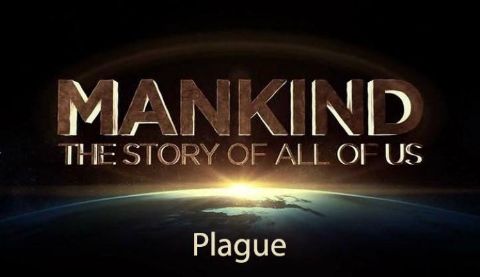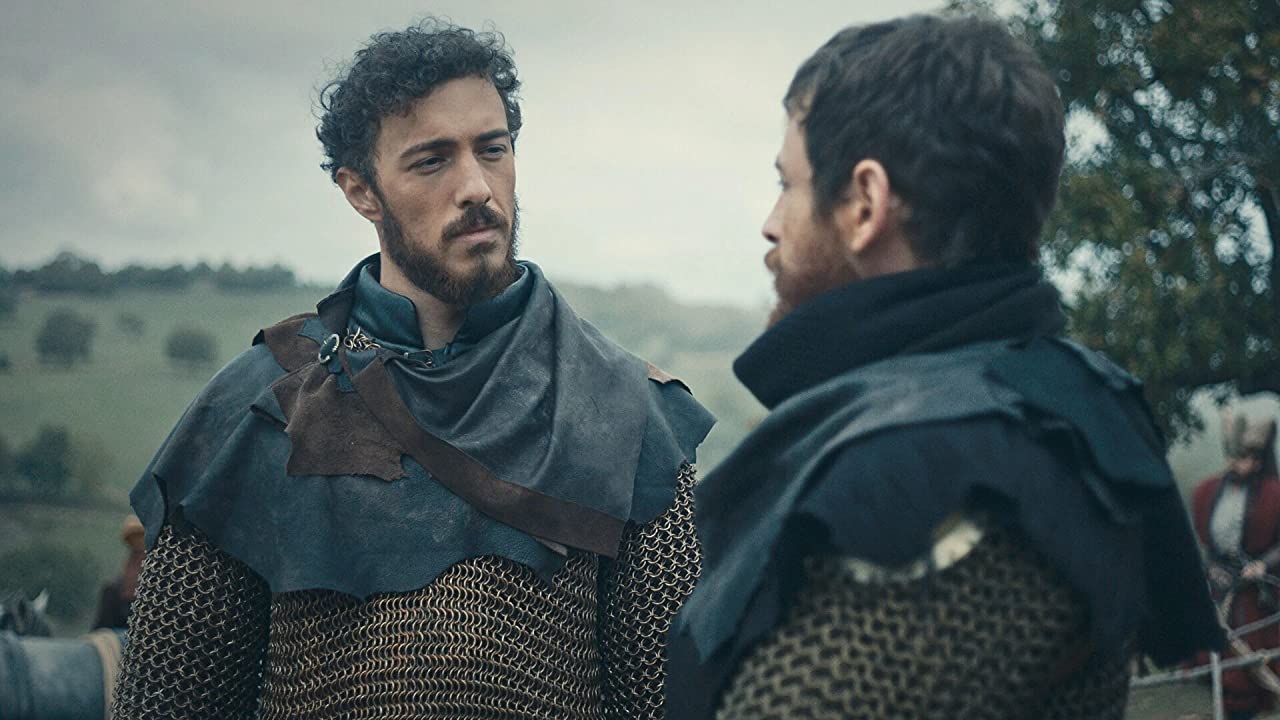Nature to Nations • 2018 • episode "S1E2" • Native America
Nature to Nations explores the rise of great American nations, from dynastic monarchies to participatory democracies. What lies behind these diverse and sophisticated governments? Answers emerge from an archaeologist excavating America’s oldest temple in the Peruvian Andes, a tribe initiating a new chief at a ceremony surrounded by cedar totem poles in the Pacific Northwest, an expert reading ancient hieroglyphs from a sarcophagus to tell a forgotten history of Maya kings, and the return of an ancient shell wampum belt to the birthplace of democracy near Syracuse, New York.
Make a donation
Buy a brother a hot coffee? Or a cold beer?
Hope you're finding these documentaries fascinating and eye-opening. It's just me, working hard behind the scenes to bring you this enriching content.
Running and maintaining a website like this takes time and resources. That's why I'm reaching out to you. If you appreciate what I do and would like to support my efforts, would you consider "buying me a coffee"?
Donation addresses
BTC: bc1q8ldskxh4x9qnddhcrgcun8rtvddeldm2a07r2v
ETH: 0x5CCAAA1afc5c5D814129d99277dDb5A979672116
With your donation through , you can show your appreciation and help me keep this project going. Every contribution, no matter how small, makes a significant impact. It goes directly towards covering server costs.








